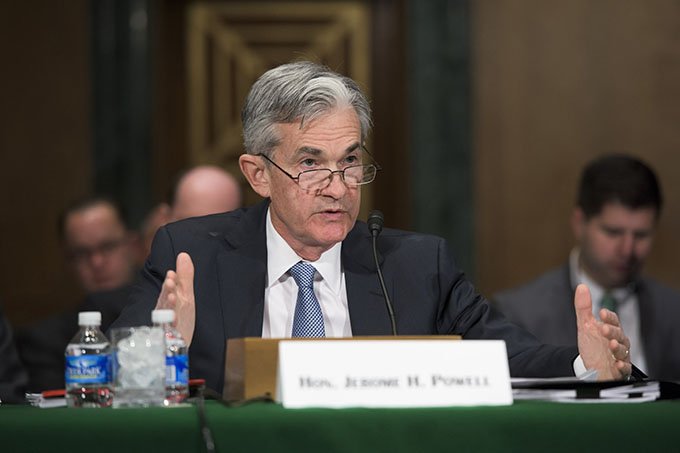Speaking after the Federal Open Market Committee (FOMC) on Wednesday, Federal Reserve Chair Jerome Powell dashed any trader expectations that the central bank would bring interest rates into negative territory. "The committee's view on negative interest rates really has not changed. This is not something that we are looking at," Powell said. The announcement directly opposes President Donald Trump's calls for a move to negative interest rates.
 Nevertheless, the effectiveness of this monetary policy is highly contentious among global central banks. According to Reuters, the desire to avoid negative interest rates was a unanimous decision among central bank members.
Nevertheless, the effectiveness of this monetary policy is highly contentious among global central banks. According to Reuters, the desire to avoid negative interest rates was a unanimous decision among central bank members.
Instead of negative interest rates, Powell expressed the central bank's preference for alternatives such as forward guidance and large-scale asset purchases, also known as quantitative easing. Greg McBride, chief financial analyst at Bankrate.com, heard the Fed's decision, but commented that "on some level, negative interest rates are inevitable in the U.S. It's just a matter of when." McBride also cautioned that while negative interest rates may sound attractive, they're not really effective in solving economic problems. He stressed that negative interest rates don't meant that banks will pay you to take out a loan. Instead, it is more likely that borrowing will be come more difficult as standards for lenders become more stringent.
Powell also warned that the economic disruption caused by corona will leave its mark for years, a sentiment which increased trader concern.
Market Movements
Wall Street benchmarks continued their decline on Wednesday after each index fell more than 1 percent on Tuesday. The Dow Jones Industrial Average posted the steepest losses, closing down 2.17 percent. The NASDAQ ended down 1.55 percent and the S&P 500 ended 1.75 percent lower. Stock futures indicate that the selloffs will continue on Thursday.
Asian benchmarks were broadly lower on Thursday afternoon. As of 2:04 p.m. HK/SIN, Japan's Nikkei 225 was down 1.39 percent, and Australia's ASX 200 was down 1.38 percent. Hong Kong's Hang Seng Index eased 1.31 percent. Both of China's benchmark indexes were also trading in the red.
On the currency markets, the dollar held on to gains, strengthening against most of its primary trading partners. The greenback eased 0.224 percent against the yen to 106.78, but it gained agsint the Canadian and Australian dollars, as well as the euro and the pound. The pound eased 0.294 percent against the greenback to $1.219, and the euro eased 0.129 to $1.08.

